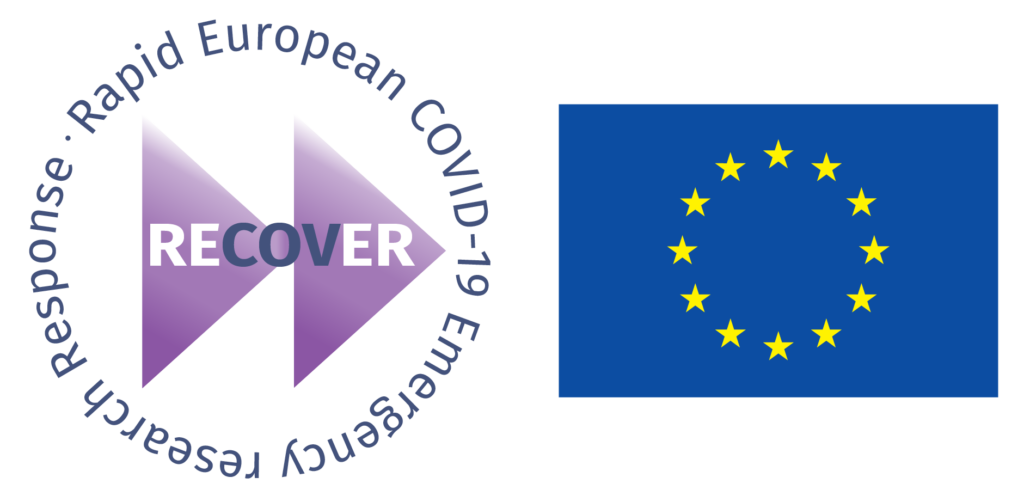Publications - September 2021

Preprint and peer-reviewed publications from RECOVER’s studies
Does 2 units of ABO-compatible, high-titer convalescent plasma, administered to critically ill patients with COVID-19, improve organ support–free days up to day 21 (a composite end point of in-hospital mortality and the duration of intensive care unit–based respiratory or cardiovascular support)? This international bayesian randomized clinical trial that included 2011 participants treated with 2 units of high-titer convalescent plasma, compared with no convalescent plasma, resulted in a posterior probability of futility of 99.4% for the primary outcome of organ support–free days up to day 21.
The International Severe Acute Respiratory and Emerging Infection Consortium (ISARIC) is a global federation of clinical research networks that work collaboratively to prevent illness and deaths from infectious disease outbreaks. In 2014, we proposed that effective and timely research during outbreaks of emerging infections would benefit from pre-prepared research tools, global collaboration, and research-ready clinical networks.1 After applying this research model to several outbreaks, and particularly the COVID-19 pandemic, we can now explore what has been achieved to date.
The majority of emerging infectious diseases originate in animals. Current routine surveillance is focused on known diseases and clinical syndromes, but the increasing likelihood of emerging disease outbreaks shows the critical importance of early detection of unusual illness or circulation of pathogens - prior to human disease manifestation. In this Viewpoint, we focus on one key pillar of preparedness—the need for early warning surveillance at the human, animal, environmental interface.
